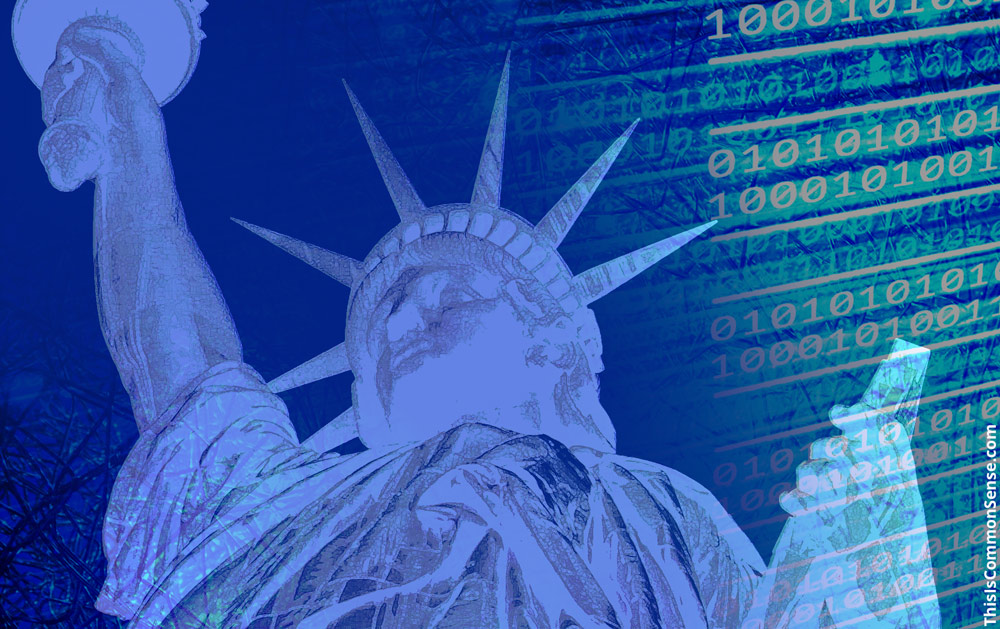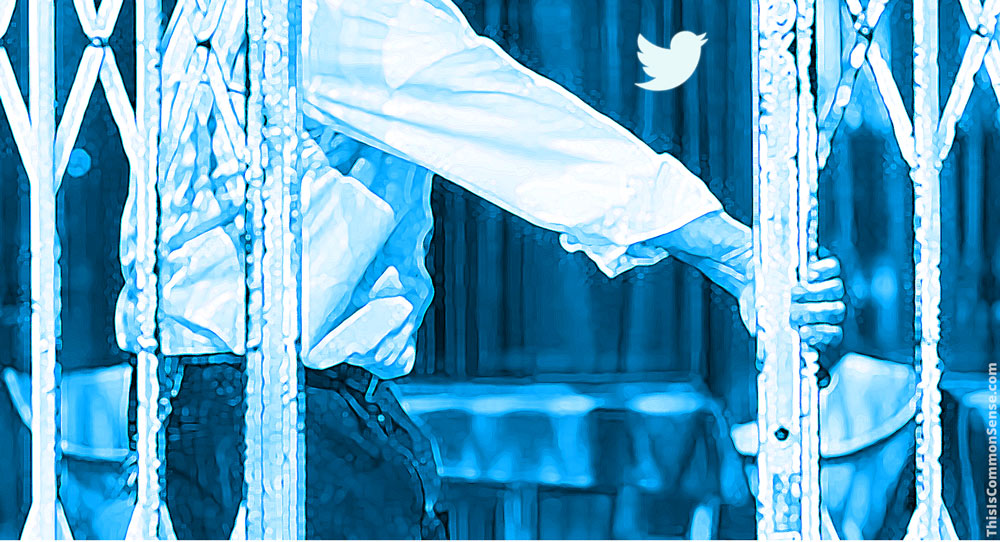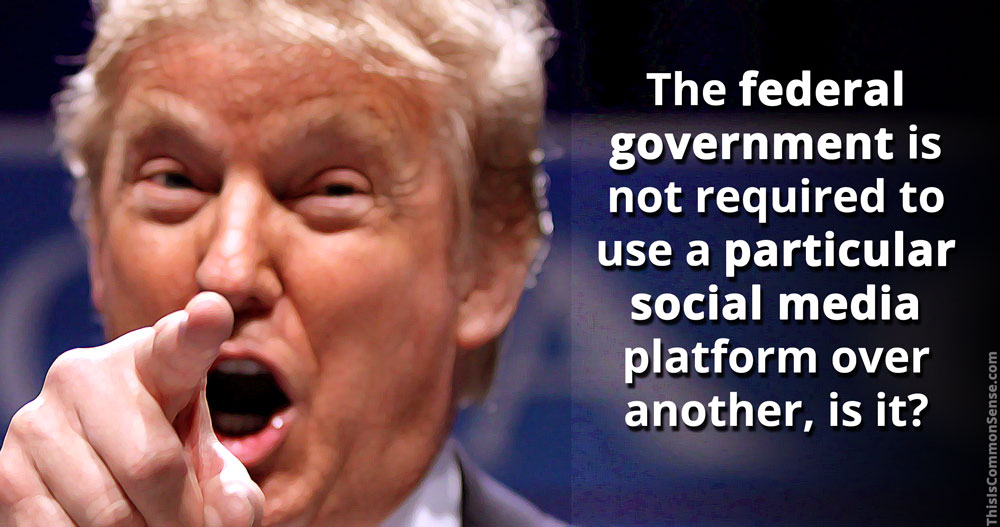What if “political correctness” were really a problem of rampant cowardice?
University of Massachusetts Amherst administrators removed Catherine West Lowry from her 13-year gig as an accounting lecturer because of an extra-credit project.
She had shown a previous year’s student-produced parody video using the infamous Hitler breakdown scene in the excellent 2004 movie Downfall. I assume you’ve seen dozens of these; I know I have. Their ubiquity notwithstanding, the university claims to have received student complaints about the one Ms. Lowry showed.
The proper response to a protestation of offense at a Downfall parody? Eye rolls. Were I a professor, I’d have to resist the nearly irresistible desire to reduce office hours starting immediately.
Any other response, especially dismissing the lecturer, is pure pusillanimity.
Or, make that cowardice of the impure variety, for I suppose something else could be going on here.
Lowry claims that she’d shown this particular effort in previous years and no one had complained. And I believe her.
Can we believe the university’s claim to have received complaints from students this year?
Before we accept such a statement, we should peruse the evidence. After all, in the case of the Wilfrid Laurier University mistreatment of the T.A. who had shown a Jordan Peterson video in class, administrators had simply lied — there had been no complaints.
Had UMass Amherst actually received complaints, then their response would be merely cowardice. But were there no complaints, the whole thing becomes far more ominous.
And I wonder: what would today’s university make of Hogan’s Heroes?
This is Common Sense. I’m Paul Jacob.

—
See all recent commentary
(simplified and organized)










